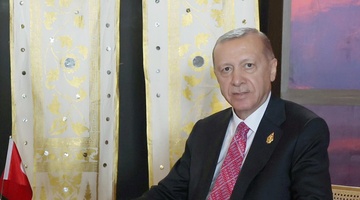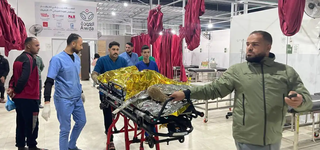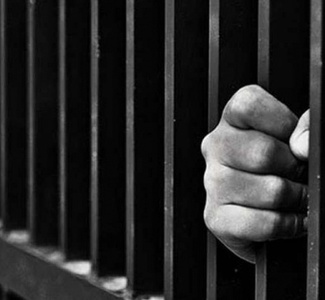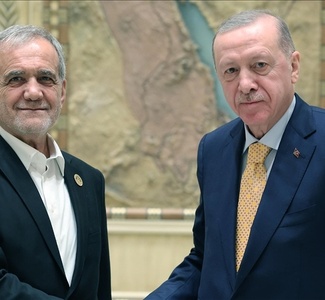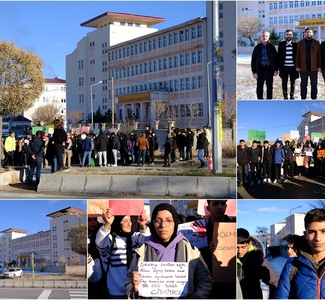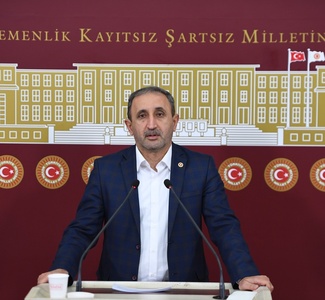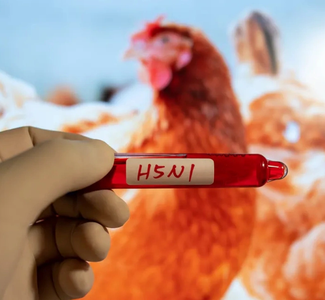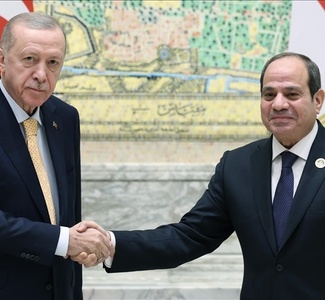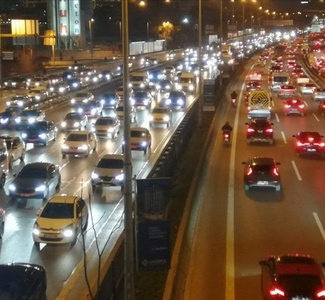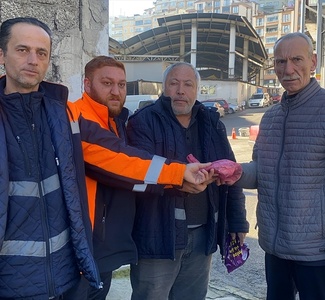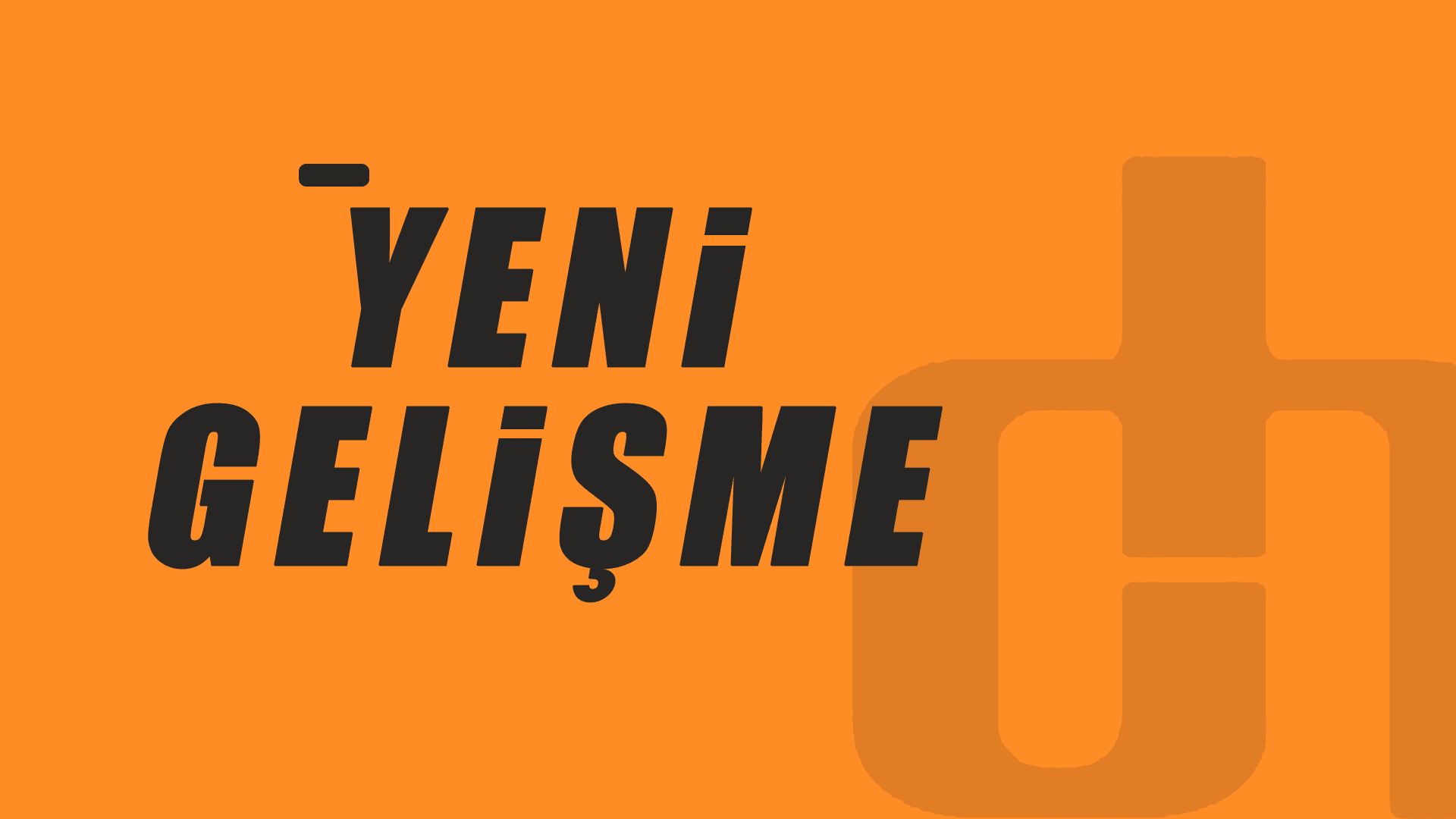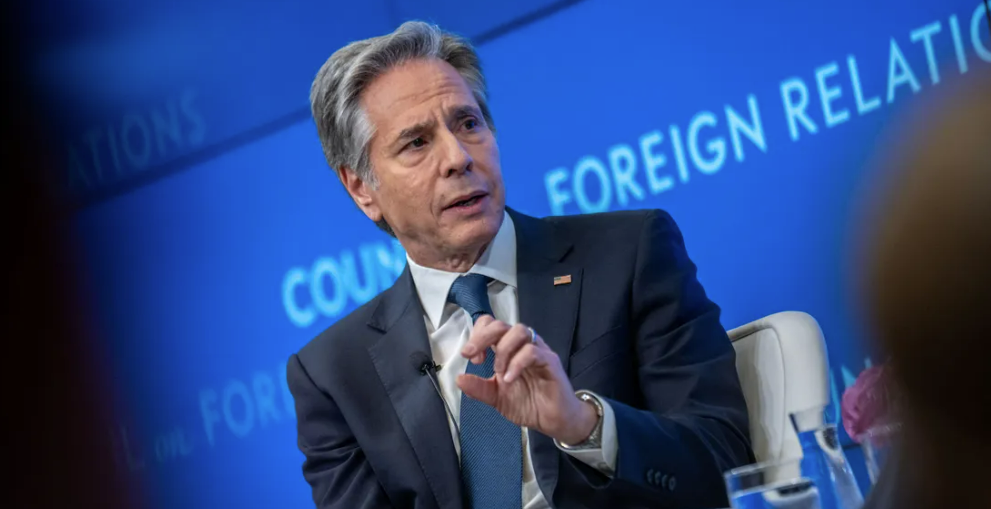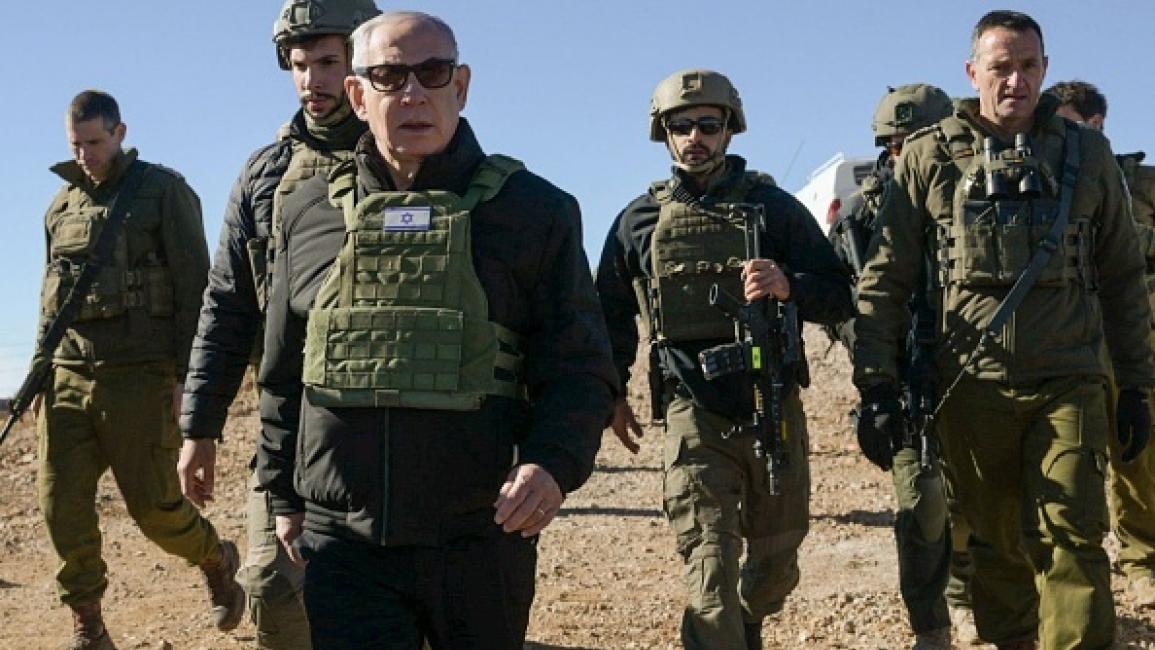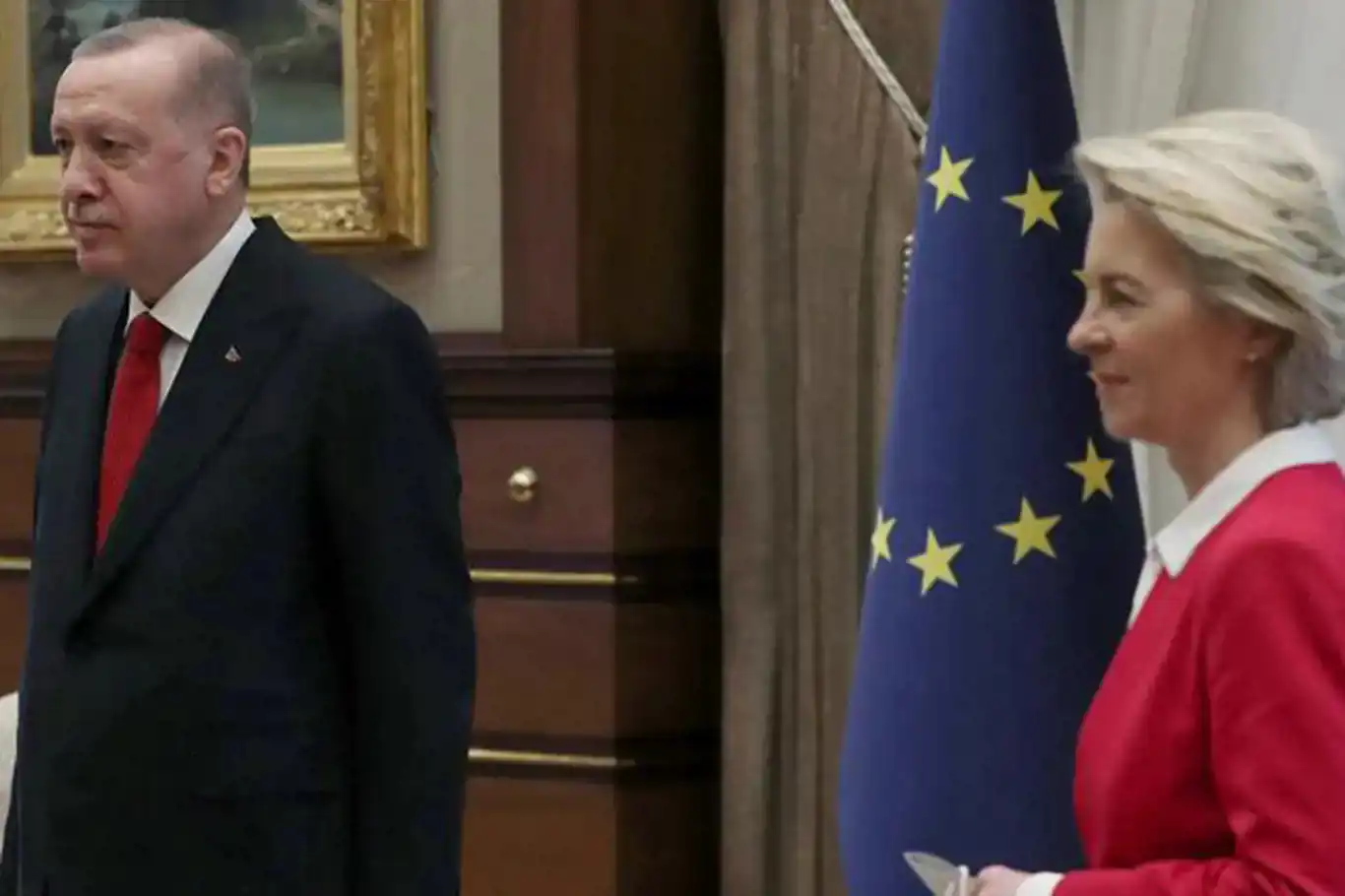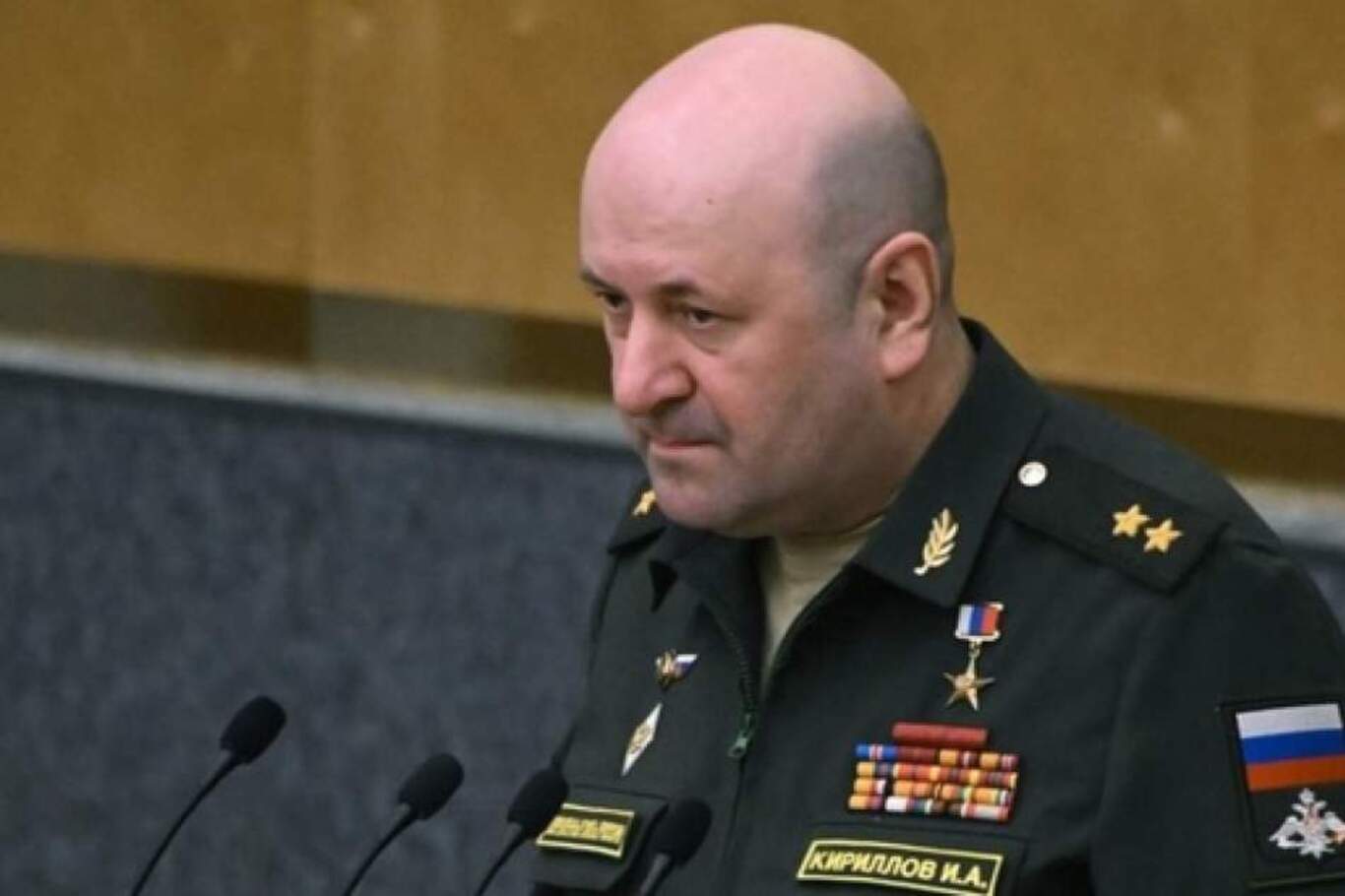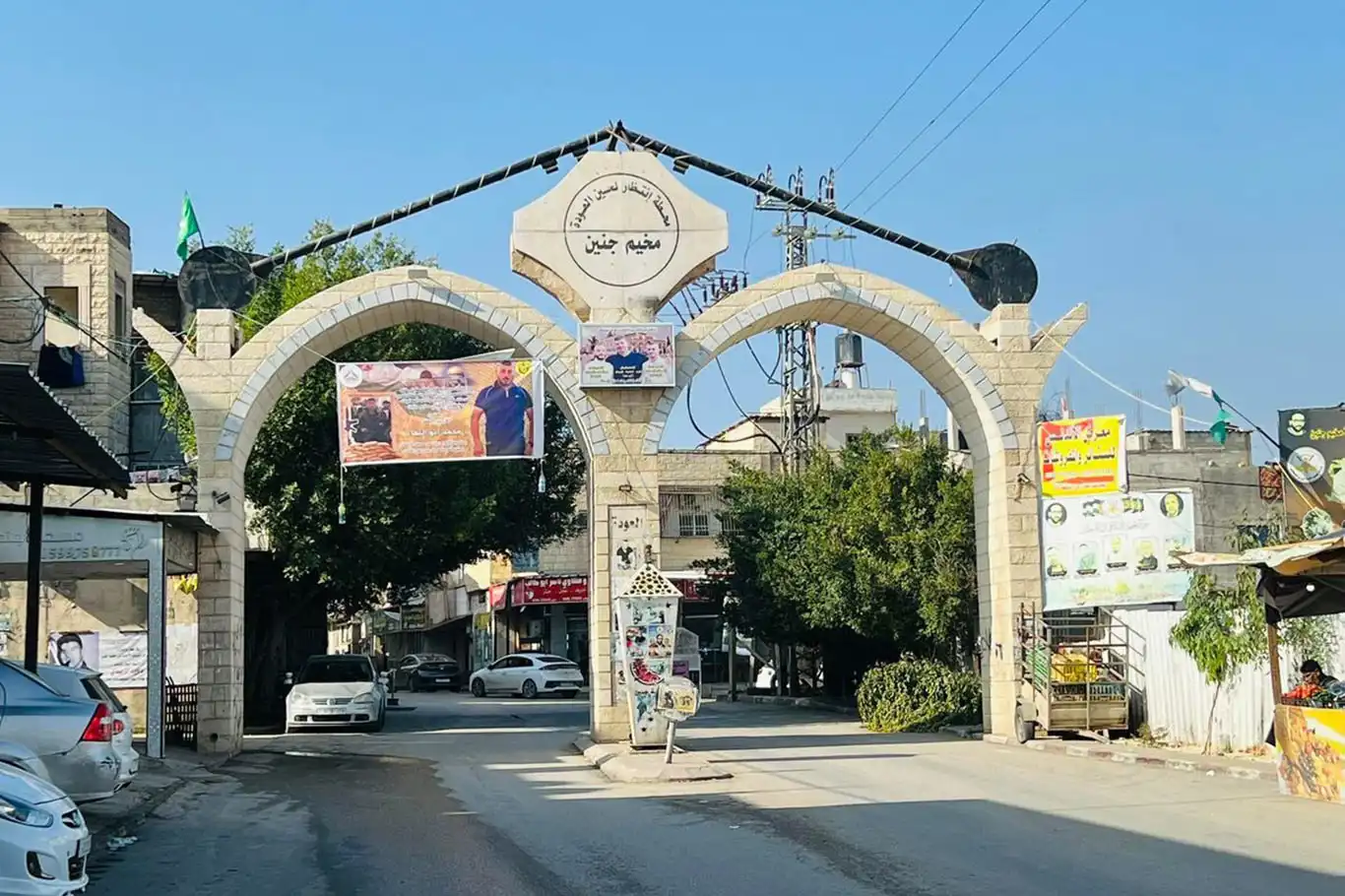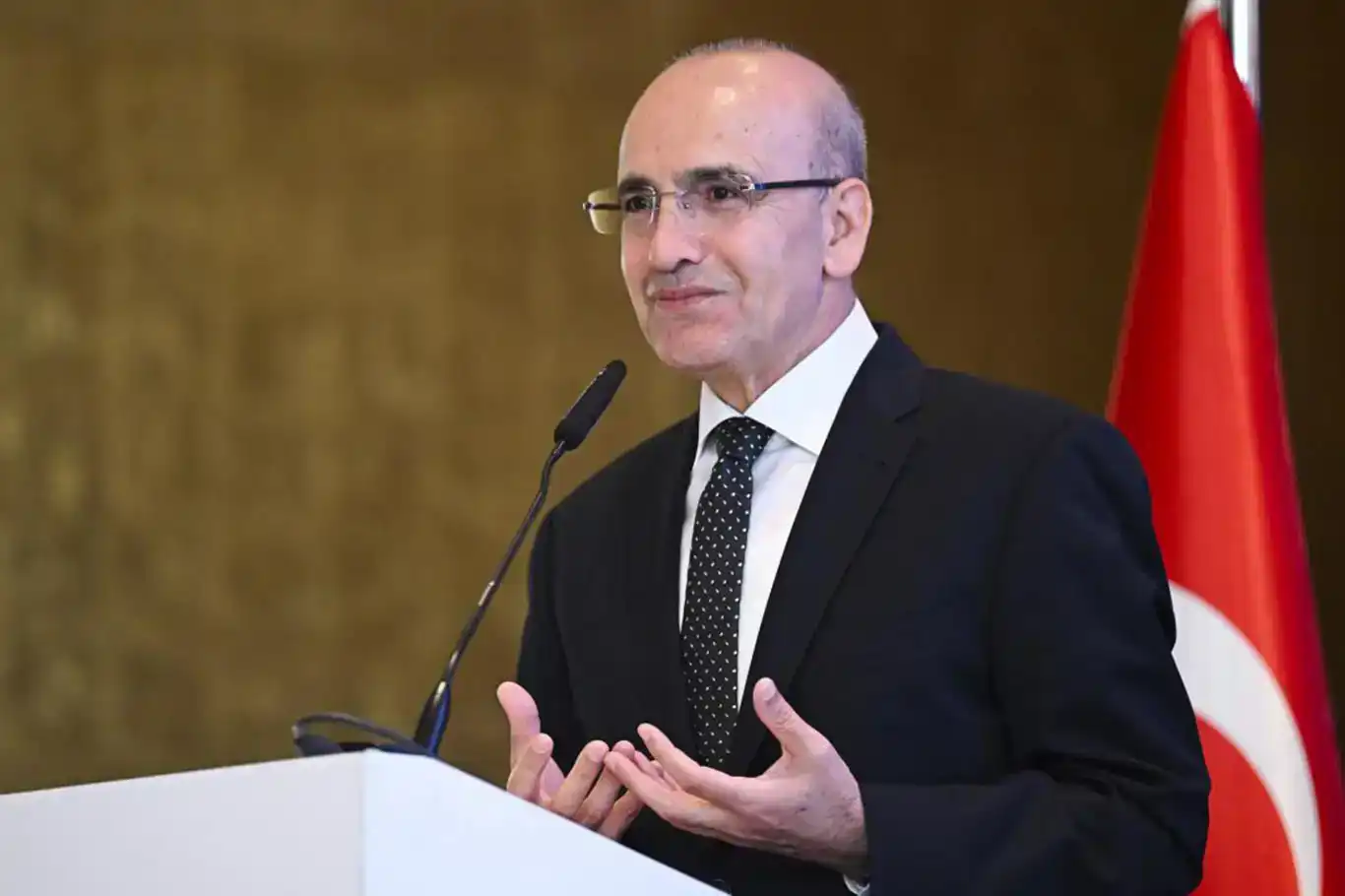United Nations: One-third of the population in Sudan needs assistance
The new UN human rights chief ended his first country visit on Wednesday explaining that he had chosen Sudan to “bring a strong message” that human rights must “be at the core” of its transition away from military rule to democracy.
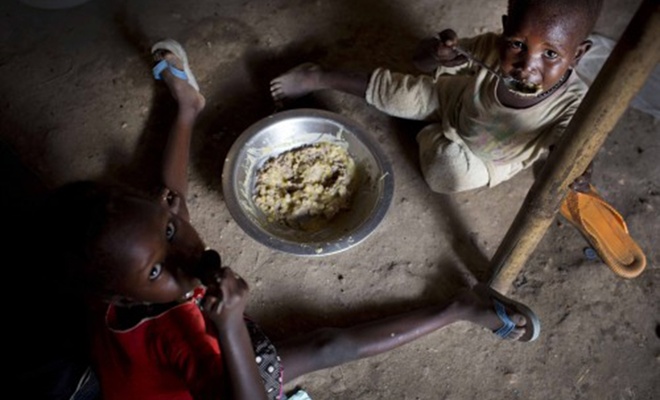
 Google News'te Doğruhaber'e abone olun.
Google News'te Doğruhaber'e abone olun. UN High Commissioner for Human Rights Volker Türk told journalists at a press conference in Khartoum that the military takeover of October 2021, which put an end to civilian power-sharing following the ouster of former dictator Omar Al-Bashir, had left Sudan “at a decisive fork in the road”.
“As political negotiations continue towards a framework for a new transition, I urge all those involved to set aside entrenched positions, power games, and their personal interests, and to focus on the common interests of the Sudanese people”, he said.
Advocating for “bold steps towards consensus” and using human rights protections as “the driving force”, the senior UN Official spelled out: “The future of the country depends on it”.
Much at stake
In outlining what’s at stake, he said that half the population only earns only about $2 a day; electricity costs have soared 25-fold in the past year; the prices of bread and fuel have doubled; and the economy is in freefall, “with serious consequences for the most vulnerable”.
Moreover, there has been an escalation in armed attacks in Darfur, Blue Nile, Kordofan and other parts of the country as historical grievances such as over land, water and other resources, continue to drive inter-ethnic clashes.
And Sudan is likely to be heavily affected by climate change, threatening to inflame tensions over land and resources.
Turning to the “desperate humanitarian situation”, Turk said that a “staggering” one-third of the population needs assistance; 3.7 million people are displaced, more than 211,000 since early this year; and seven million children are out of school.
Meanwhile, he continued, young people are protesting, demanding that authority be handed over to civilians.
“There is a hunger...and a need for good governance and a new social contract between State institutions and the population, grounded in human rights,” said the rights chief.
Solutions within reach
While acknowledging that “the situation is grim”, he flagged that “the tools to chisel away” and overcome some challenges, are within reach.
The High Commissioner advocated for the urgent implementation of the Juba Peace Agreement to restore civilian authority, as “a step” towards peace and a National Plan for the Protection of Civilians to provide security throughout the most volatile parts of the country.
He also drew attention to traditional practices, local dispute-resolution mechanisms and peace initiatives, upholding that the “energetic, vibrant” Sudanese have a vision to build, for the benefit of the whole country.
Noting that the median age of the population is just 18.9 years, Turk attested to their potential, saying the young generation “live and breathe human rights”.
Lapse of trust
Following decades of repression, and a few tumultuous years, building trust between the authorities and people is a huge challenge.
State institutions need to be representative of, accessible by, and work for the people, including women and the most vulnerable.
During his visit, the human right chief met with high-level officials, acting ministers of foreign affairs, justice, and the interior; and civil society representatives and human rights victims - whose “tireless work across a variety of civil, political, economic, social and cultural rights issues was palpable”.
Right to assemble
He noted that OHCHR has documented the excessive use of force against protesters in Khartoum, including the use of live ammunition, pointing out that since the military takeover “at least 119 people have been killed and more than 8,050 sustained injuries – many life-changing".
He called on the relevant authorities to instruct security forces to respond to demonstrations in line with human rights laws and standards.
“People have the right to peaceful assembly, and the State has an obligation to ensure this right can be exercised without fear of being shot at”, he said.
Also deeply worrying are reports of sexual and gender-based violence against women, girls, men and boys, continuing with impunity and serious human rights violations in the Darfur region among civilians and internally displaced.
And deadly incidents in the Blue Nile and Kordofan States have resulted in hundreds of killings.
Thread of justice
A key thread during the High Commissioner’s visit was the need for accountability.
Victims must be acknowledged, and survivors properly recognized, honored, and compensated while perpetrators be brought to justice.
“Impunity breeds further violence. It must be addressed head on”, he underscored.
Delicate transition
Türk called on all sides to go the extra mile towards restoring civilian rule and ending “the uncertainty that has left much of the population in peril”.
Along with international support, he assured that OHCHR will work to strengthen the State’s capacity, including the promotion and protection of human rights.
The High Commissioner concluded by saying that “unity, combined strength and great potential” were his “deepest hopes for the next phase of Sudan’s transition”. (ILKHA)




























